Can You Drink Coffee Before Cycling?
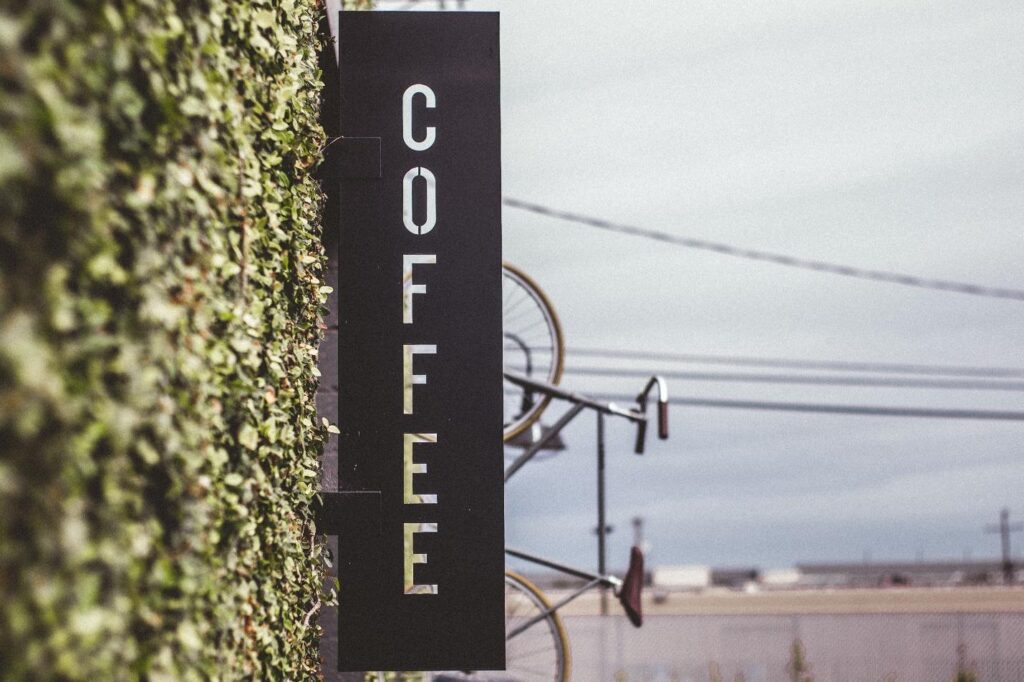

There are many questions around the intake of caffeine and the cycling community. With it being 1 of only 2 active drugs being found naturally in foods, its affects, legality, and on-ride consumption continue to circulate in the cycling community. Some swear by caffeine and will take a double shot espresso before a peak climb. Some choose to stay far away from the stimulant for fear of its long-term effects of dependency. Can You Drink Coffee Before Cycling? We’re here to give you all the facts to help you decide can you drink coffee before cycling.
Caffeine is known to broadly increase athletic endurance and cognitive alertness. Both are good to get you through the 30-mile ride you have planned for the day, while also being aware of the dogs, cars, joggers, potholes and speed bumps that plague your route. We combined our knowledge, with that of cyclists in our network, while scouring the internet to help you decide. This post will cover all answers around caffeine from how much to take, when to drink it, and what kind is the best for racing.
How Does Caffeine Affect Athletes?
When looking across broad sets of data, resources, and surveys caffeine when taken at the right amount for your body, over the right amount of time, will have a positive affect to your aerobic workouts. Studies show that your aerobic time to exhaustion will increase with an effective dose of caffeine before cycling.
Before we move forward, let’s discuss the difference between aerobic and anaerobic workouts.
Anaerobic Workouts
Anaerobic workouts are workouts that do not focus solely on training your cardiovascular system and respiratory system. These are two large words that mean the lungs, heart and blood vessels in your body.
Anaerobic workouts do train your heart and your lungs, though it will typically train something else in a stronger way. This could include your lactic acid tolerance, muscle mass creation by lifting, or anything else where you are focusing on moving a part of your body very fast. When you are going on rides of 10, 15, 40, 100+ miles, most of the ride we are not looking to train our anaerobic system.
Aerobic Workouts
Aerobic workouts are the typical space where cyclists (and you) will find yourself in. Aerobic workouts focus specifically on the respiratory system and the cardiovascular system development. Basically, what the body is doing is learning how to effectively move and use the oxygen that enters your body. Aerobic workouts and making sure that you are staying within your aerobic threshold is what causes your endurance cycling times to drop.
How Can I Tell When I am at My Aerobic Threshold?
The entirety of this topic can be used to fill multiple books, or many more blog posts, but in short, the easiest way to tell if you are training within the lower zones of your aerobic threshold is by checking your breath. Are you breathing as if you are taking a brisk walk? If you answer yes, you are within your aerobic threshold. If you are outside of this threshold, then slow down. There are other far more sophisticated and accurate ways to and breakdown of the aerobic zones with power meters, heart rate monitors, on board computers and more but the goal of this blog post is to answer your question on caffeine and get you rolling.
Now let’s get back to caffeine.
How Much Coffee Can You Drink Before Cycling?
According to the National Institutes of Health just outside of Washington DC, the recommended amount for the maximum increase in athletic performance is between 3-6mg/ kilogram of your bodyweight. For those that live in the States, that is equal to 6.6-13mg/ pound of bodyweight. That means that if you weight 70 kilograms (155 pounds) then the lowest that you should take to feel an effect on your athletic endurance is 210 mg (one double-shot espresso). The maximum that you should take is 420mg. This is a range, and the best way to approach this is to start with the lowest number, and slowly experiment throughout your weekly rides until you begin to feel the effects of the caffeine.
How Much Caffeine is Too Much to Drink Before Cycling?
The upper range of caffeine (above 6mg/kg) can cause negative side effects. Caffeine can make you jittery, disturb your sleep, cause an irregular heartbeat, and increase your blood pressure and inflammation.
What is the Best Caffeine Source for Cycling?
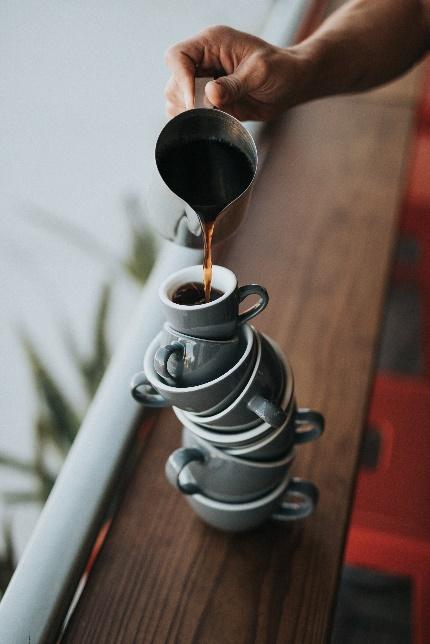

You may be wondering the different ways that you can ingest caffeine outside of coffee. Some are better for your goals than others as they may not upset your stomach, have the correct amount of caffeine, can be ingested while riding, and may not include dairy which can make you feel sluggish.
We went out and found every source for caffeine that cyclists are using right now. From coffee, to gum, to pills to shots – there is an abundance of choices with an even greater amount of effects.
| Serving Size | Caffeine Contents | Taken as In-Ride Dose? | High Acidity | Contains Dairy | |
| Coffee Cup | 16 oz | 100 mg | no | yes | no |
| ‘NoDoz’ Caffeine Pill | 1 pill | 200 mg | yes | yes | no |
| Green Tea | 16 oz | 80 mg | no | no | no |
| Gu Energy’ Gel | 1 packet | 40 mg | yes | yes | no |
| Espresso, One Shot | 1.5 oz | 160 mg | no | no | no |
| Cappuccino/Frappuccino | 16 oz | 95 mg | no | no | yes |
| Rum Gum’ Caffeine Gum | 1 piece | 50 mg | yes | no | no |
| Cold Brew | 10 oz | 200 mg | no | no | no |
| Coca Cola | 12 oz | 34 mg | no | yes | no |
| Red Bull | 8.4 oz | 80 mg | no | yes | no |
| 5 Hour Energy Shot | 1.9 oz | 200 mg | yes | yes | no |
What is the Best Overall Caffeine Choice for a Cyclist?
Coffee.
This is tried and true. You receive the average dosage for most bodyweights. You are also able to chat with your fellow cyclists while at the mid-ride coffee stop. The one note is due to the way coffee is brewed, the high acidity levels can lead to upset stomach or bloating.
What is the Best Choice for a Cyclist Who is Racing?
Gels.
Gels have become the highest rated source of all nutrients needed for an athlete. Gels not only include caffeine, but also carbohydrates, sugars and salts needed to keep the body sustained and at peak performance. With some gels including caffeine, and others foregoing it, these are necessary if you are looking to score the highest placing times, while keeping your body in check and refueled for this round, and the next.
What is the Best Overall Caffeine Choice for a High Dose?
Cold Brew.
Because of the 24 hour absorption brewing method to create a true cold brew (different from iced coffee) a sweet aroma is produced to the caffeinated drink and 2-4x the amount of caffeine is absorbed in the drink in comparison to a cup of coffee the same volume. This brewing method also lowers the acidity of the coffee and is easier on your stomach. Take a drink if you are looking for a major boost.
What is the Best Caffeine Choice for a Mid-Ride Boost?
Caffeinated Gum.
Caffeinated gum can be taken in ride and is a great option because it will not upset your stomach. They can fit in your pockets and will not dry out your mouth. There are also plenty of flavors! With the relatively low caffeine rate, they are a great pick-me up to ensure that you do not fall prey to the jitters, and headaches that plague those that have too much caffeine in one day.
How Does Drinking Coffee Before Cycling Improve Performance?


Several studies and countless anecdotes show that to drink coffee before cycling will improve your cycling performance:
- Increased Time to Exhaustion
- Increased Endurance at Altitude
- Improved Reflexes and Cognitive Alertness
- Function at High Heat
Time To Exhaustion
Caffeine is noted to lead to an overall increase in endurance. Talk to any cyclist and they will tell you this is true. After drinking caffeine, your body will be able to work at the same level though it will not feel like it is working as hard. The Med review did a localized study that showed that as long as you take the correct dosage, the amount of time for a cyclist while exercising to find themselves to be fully exhausted will increase.
Endurance at Altitude
Major changes like the California Death Ride come not only with the increase in elevation, but by simply being at higher average elevation throughout the ride. Endurance athletes, according to the pro-medica study, see the most substantial boost in their baseline abilities when they are at a higher altitude.
Improved Reflex and Cognitive Alertness
When you look at the ground and see a pothole as deep as your seat post you will want the instincts and ability to maneuver to be at peak level. Coffee aids your reflexes and allows your body to respond optimally.
Bodily Function at High Heat
There is a monumental increase in endurance when riding in high heat temperatures. Take a pill, sip or chew in order to get a boost from caffeine.
How Does Drinking Coffee Before Cycling Decrease Performance?
There is a noticeable bell curve to where caffeine begins to lose its positive effects and negative effects take over. For many, that point is after 6 milligrams per kilogram per day of the user. Negative effects to drink coffee before cycling include:
- Poor Decision Making Ability
- Restless Sleeping
- Increased Propensity to Headaches
- Tolerance Development and Dependence
Poor Decision Making Ability
If you choose to drink coffee before cycling too much, you may have trouble focusing on one task. When deciding to stop at the busy intersection as a light turns from yellow to red, this may lead the user to making the wrong decision at the very wrong time.
Restless Sleeping
Caffeine takes an average of 10 hours for its effects to clear out of the body. Drinking it too late in the day can increase the prolonged sleep latency effect. The prolonged sleep latency effect is when your body is unable to fall into a REM cycle directly after a user lays down and intentionally tries to sleep.
Increased Propensity to Headaches
Too much coffee causes an increase in the onset of headaches by the user. This would not be beneficial to finishing your Saturday morning ride.
Tolerance Development and Dependence
Caffeine is one of 2 drugs that are found naturally in foods and beverages. This is to say that we do develop both dependencies and tolerances for caffeine. When taken at the correct amount, these effects can be avoided. However, when taken over the highest suggested dosage, the negative effects will show their face.
Should You Drink Coffee Before Cycling?


You should drink coffee before cycling if the benefits of increased endurance, decrease in perceived effort, and decreased perceived effort at elevation and high heat appeal to you. It should be noted that there is no amount of caffeine that will take a user from 12 mph average on a 30 mile circuit to 18 mph. It should also be noted that every body is different and there is no magic bullet to that will make you a better cyclist. So what we have found to be important is to simply experiment with different amounts, and timings and use the information provided to you as a baseline guide. If you do choose to drink coffee before cycling, timing will be important.
How Long Before Cycling Should I Drink Coffee?
Coffee takes as little as 15 minutes for the user to feel the effects of caffeine. This should be taken into account before getting onto your bike. So waiting a full half hour before would allow for the greatest effect to take hold.
How Often Should You Take It Along A Ride?
Caffeine’s effect peaks about 1.5 hours after it is consumed and stays at this level for several hours. If after several hours you are looking for a mid-ride pickup, look towards a gel or gum for a small extra dose to keep you rolling.
4 Myths About Caffeine
Caffeine Makes You Lose Weight
There is no evidence over the long term that caffeine has any connection to weight loss. Yes, caffeine may decrease you desire to eat for a moment, but this has no affect on your actual long term exercise habits, diet or genetics to cause weight to increase or decrease.
Caffeine Stunts Your Growth
There is no evidence that there is a connection between caffeine and a users’ height prospects being decreased. If this were true, many of our cyclist friends would look around and see many shorter riders in their peloton.
Dark Roast Coffee Has More Caffeine
Dark Roasted Coffee is roasted for more time which darkens the coffee bean while releasing and decreasing the overall effectiveness of caffeine originally in the coffee bean. Dark Roast does not mean that it is darker because it is packed with more caffeine.
Caffeine Leads To Dehydration
Caffeine does not lead to dehydration. Caffeine causes your causes your cardiovascular system to turn on at a higher rate where a side effect can be a higher level of sweat. When a cyclist sweats, whether they are drinking coffee or not, one of the most important inputs in a refuel stop outside of carbohydrates is salt. A decrease of in body salt will lead to dehydration as your body’s ability to store the water it intakes in its cells, and recover decreases drastically.
Conclusion
Can you drink coffee before cycling? The short answer is yes, and there are many benefits to drinking coffee before cycling. The longer answer is that it depends on your body, weight, timing and tolerance on how to drink coffee so that you are able to perform at peak performance during your ride.
Sources:
Caffeine. Center for Science in the Public Interest. (2022, April 7). Retrieved February 15, 2023, from https://www.cspinet.org/article/caffeine
Caffeine chart. Center for Science in the Public Interest. (2022, August 31). Retrieved February 15, 2023, from https://www.cspinet.org/caffeine-chart
Aguilar-Navarro, M., Muñoz, G., Salinero, J. J., Muñoz-Guerra, J., Fernández-Álvarez, M., Plata, M. D. M., & Del Coso, J. (2019, January 29). Urine caffeine concentration in doping control samples from 2004 to 2015. Nutrients. Retrieved February 15, 2023, from https://www.ncbi.nlm.nih.gov/pmc/articles/PMC6412495/
Naulleau, C., Jeker, D., Pancrate, T., Claveau, P., Deshayes, T. A., Burke, L. M., & Goulet, E. D. B. (2021, January 1). Effect of pre-exercise caffeine intake on endurance performance and core temperature regulation during Exercise in the heat: A systematic review with meta-analysis. medRxiv. Retrieved February 15, 2023, from https://www.medrxiv.org/content/10.1101/2021.09.15.21263601v1.full
Fulco CS;Rock PB;Trad LA;Rose MS;Forte VA;Young PM;Cymerman A; (n.d.). Effect of caffeine on submaximal exercise performance at altitude. Aviation, space, and environmental medicine. Retrieved February 15, 2023, from https://pubmed.ncbi.nlm.nih.gov/8074628/
Graham, P., Goosey, T., & Perret. (n.d.). Improvements in cycling but not handcycling 10 km time trial performance in habitual caffeine users. Nutrients. Retrieved February 15, 2023, from https://pubmed.ncbi.nlm.nih.gov/27348000/
McLellan, B. (n.d.). Effect of repeated caffeine ingestion on repeated exhaustive exercise endurance. Medicine and science in sports and exercise. Retrieved February 15, 2023, from https://pubmed.ncbi.nlm.nih.gov/12900689/
Cohen B, Nelson; (n.d.). Effects of caffeine ingestion on endurance racing in heat and humidity. European journal of applied physiology and occupational physiology. Retrieved February 15, 2023, from https://pubmed.ncbi.nlm.nih.gov/8781869/
Sitko , S., López, L., & Cirer-Sastre , R. (n.d.). Time to exhaustion at estimated functional threshold power in road cyclists of different performance levels. Journal of science and medicine in sport. Retrieved February 15, 2023, from https://pubmed.ncbi.nlm.nih.gov/35835698/
Van BI; (n.d.). International Society of Sports Nutrition Position Stand: Caffeine and Exercise Performance. Journal of the International Society of Sports Nutrition. Retrieved February 15, 2023, from https://pubmed.ncbi.nlm.nih.gov/33388079/
Is caffeine helping or harming your health? Center for Science in the Public Interest. (2022, August 19). Retrieved February 15, 2023, from https://www.cspinet.org/article/caffeine-helping-or-harming-your-health
Smith, D. M. (n.d.). Effects of caffeine ingestion on exercise testing: A meta-analysis. International journal of sport nutrition and exercise metabolism. Retrieved February 15, 2023, from https://pubmed.ncbi.nlm.nih.gov/15657469/
Fulco , C. S., Rock , P. B., Cymerman , A., Trad , L. A., Young , P. M., Rose , M. S., & Forte , V. A. (n.d.). Effect of caffeine on submaximal exercise performance at altitude. Aviation, space, and environmental medicine. Retrieved February 15, 2023, from https://pubmed.ncbi.nlm.nih.gov/8074628/
Pitchford , N. (n.d.). Effect of caffeine on cycling time-trial performance in the heat. Journal of science and medicine in sport. Retrieved February 15, 2023, from https://pubmed.ncbi.nlm.nih.gov/23932933/
Landolt, C. (n.d.). Coffee, caffeine, and sleep: A systematic review of epidemiological studies and randomized controlled trials. Sleep medicine reviews. Retrieved February 15, 2023, from https://pubmed.ncbi.nlm.nih.gov/26899133/
Caffeine: How long it lasts, how much & withdrawals. Cleveland Clinic. (n.d.). Retrieved February 15, 2023, from https://my.clevelandclinic.org/health/articles/15496-caffeine-how-to-hack-it-and-how-to-quit-it#:~:text=The%20level%20of%20caffeine%20in,clear%20caffeine%20from%20your%20bloodstream.
“Upper” limits the value of caffeine in weight-loss. Obesity Action Coalition. (2021, August 11). Retrieved February 15, 2023, from https://www.obesityaction.org/resources/upper-limits-the-value-of-caffeine-in-weight-loss/
Can coffee really stunt your growth? Harvard Health. (2020, January 7). Retrieved February 15, 2023, from https://www.health.harvard.edu/staying-healthy/can-coffee-really-stunt-your-growth#:~:text=There%20is%20no%20scientifically%20valid,associated%20with%20loss%20of%20height).
Hyponatremia. National Kidney Foundation. (2022, August 11). Retrieved February 15, 2023, from https://www.kidney.org/atoz/content/hyponatremia#:~:text=Hyponatremia%20means%20that%20the%20sodium,goes%20below%20135%20mEq%2FL.

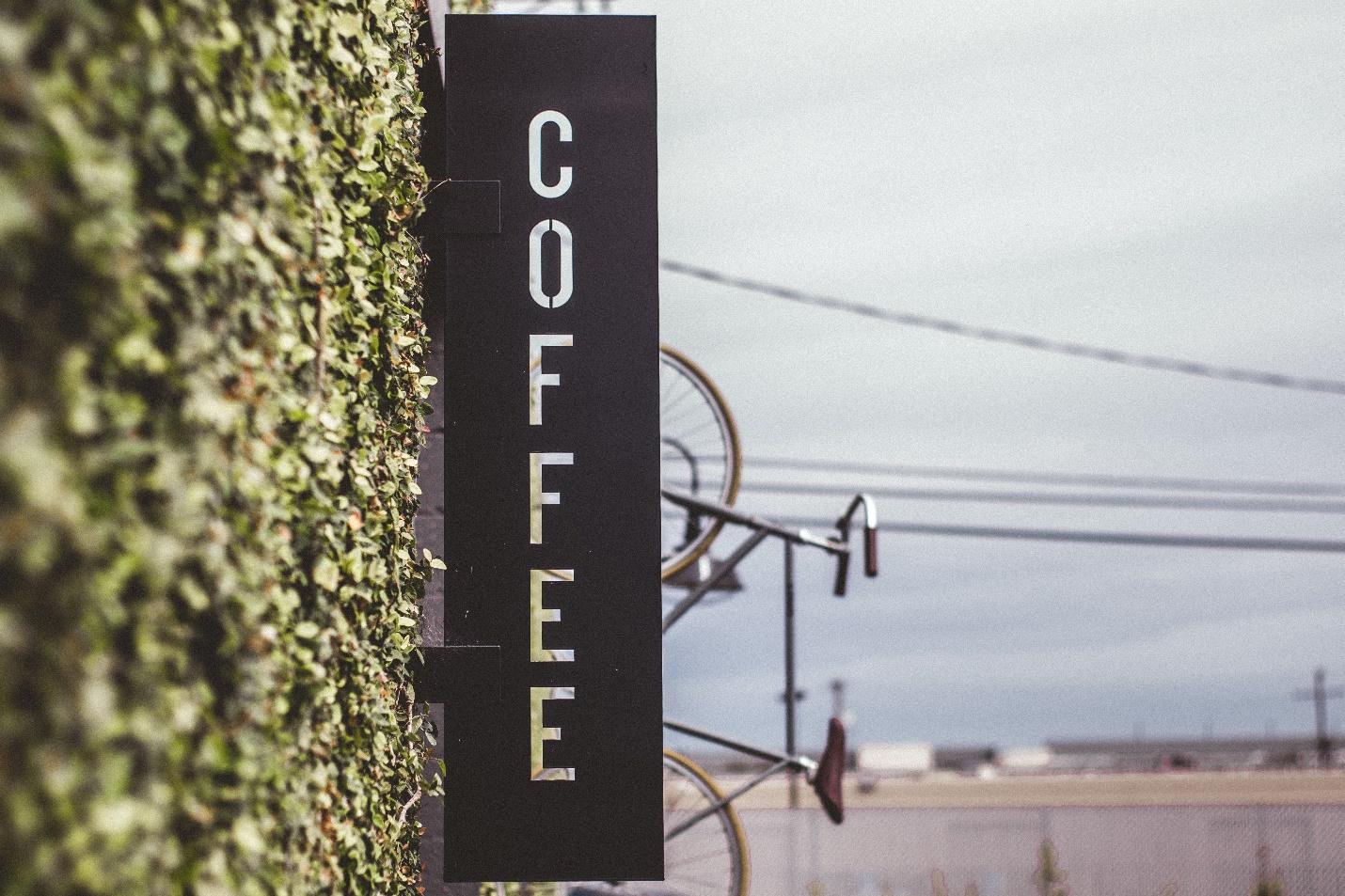
![Are Cycling Jerseys Supposed to Be Tight? [Fit Guide for Jerseys]](https://routeonecycling.com/wp-content/uploads/2023/03/arecyclingjerseyssupposedtobetight2.jpg)
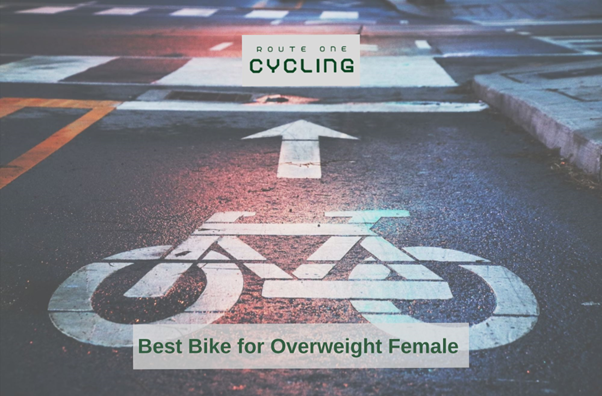

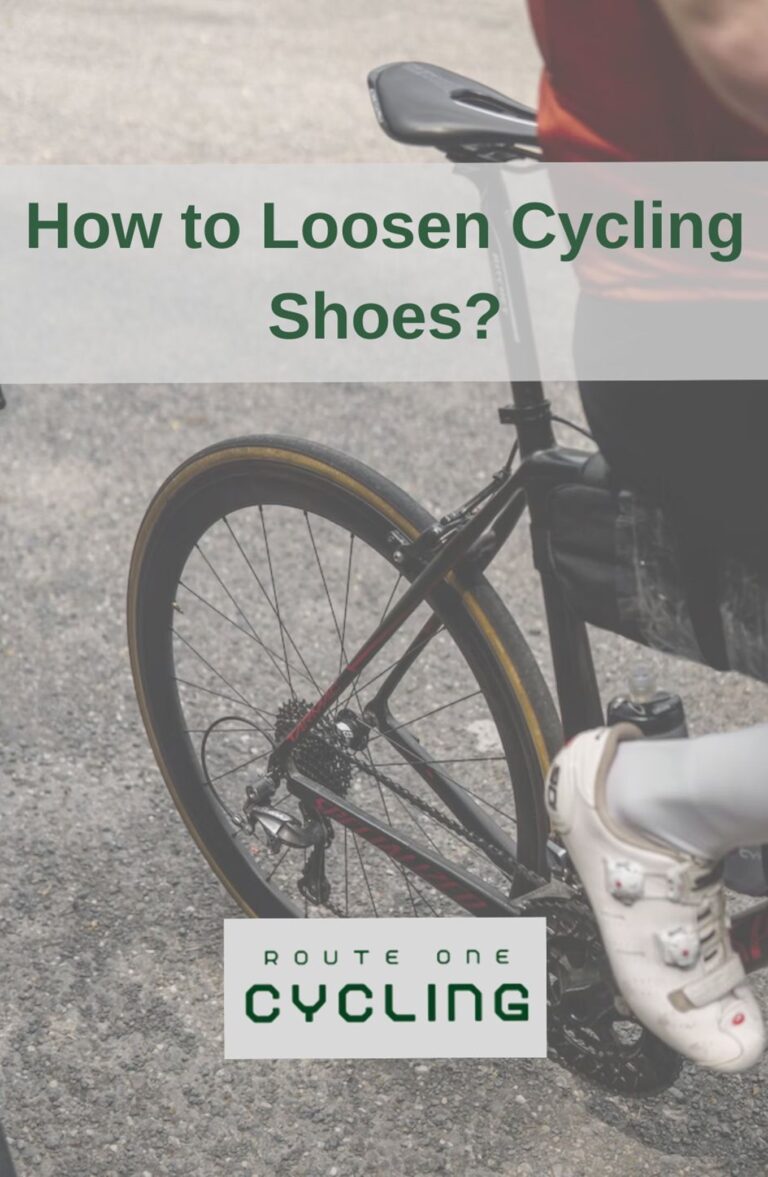
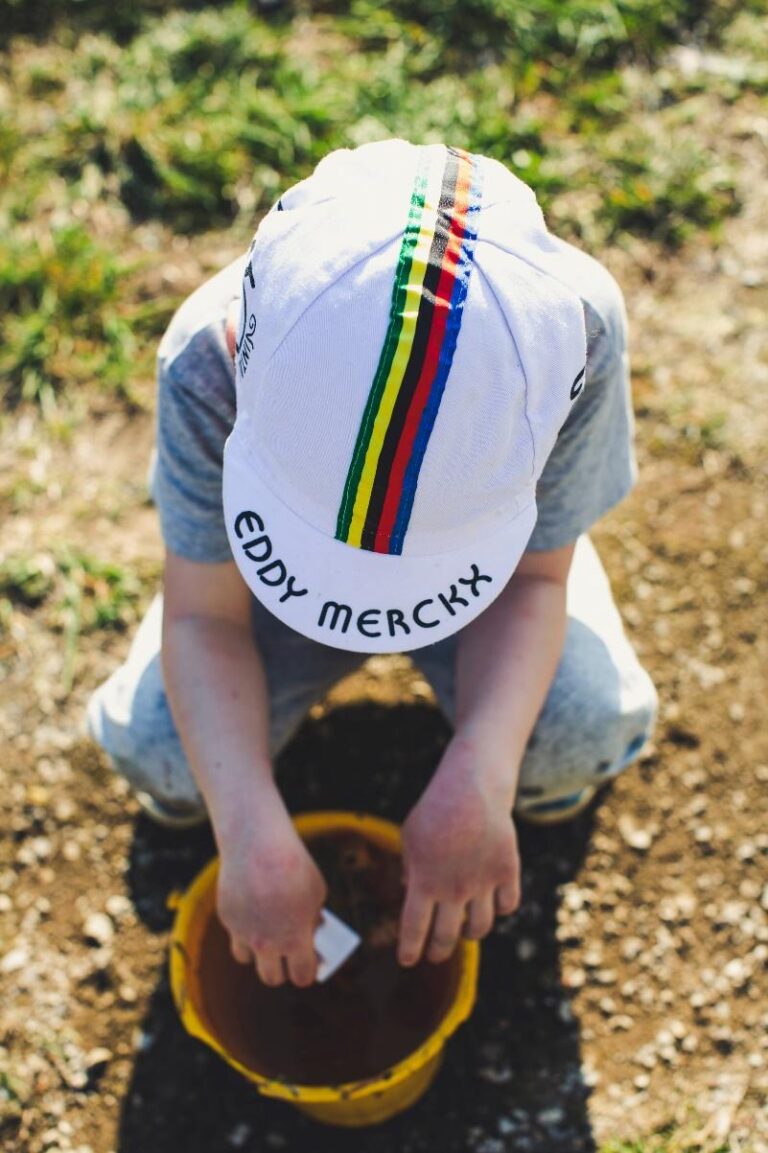
![How long do cycling bibs last? [500 hours Saddle Time] + Upkeep Guide Linked](https://routeonecycling.com/wp-content/uploads/2023/04/25-768x548.png)